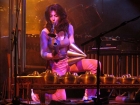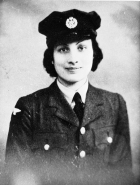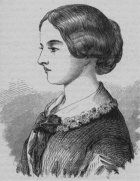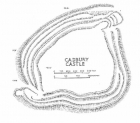Inclusion
Inclusion means that people with disabilities (special educational needs or specific learning difficulties) are entitled to the same access to the primary curriculum as people without them. In this section, you will find resources useful for improving inclusion across the primary history curriculum.
Sort by:
Date (Newest first) | Title A-Z
Show:
All |
Articles |
Podcasts |
Multipage Articles
-

Towards inclusion: A study of significant figures and disability within the national curriculum
ArticleClick to view -

The world on the wall: exploring diversity on Hadrian's Wall
ArticleClick to view -

Inclusion, diversity and the national curriculum: Are things better than they were?
ArticleClick to view -

Including the Muslim Contribution in the National Curriculum for History
ArticleClick to view -

Diversity and the History Curriculum
ArticleClick to view -

History and identity
ArticleClick to view -

OFSTED, primary history and creativity
ArticleClick to view -

Whose history is it anyway?
ArticleClick to view -

Dimensions Of Britishness: Cultural Diversity and Ethnicity
ArticleClick to view -

Differentiation: Gifted and Talented
ArticleClick to view -

Case Study: Working with gifted and talented children at an Iron Age hill fort in north Somerset
ArticleClick to view -

Getting Started: The identification of gifted historians
ArticleClick to view -

Ways of making Key Stage 2 history culturally inclusive: A study of practice developed in Kirklees
ArticleClick to view

